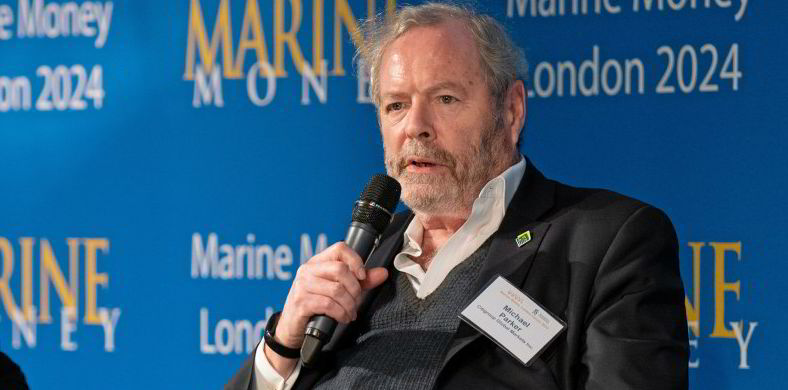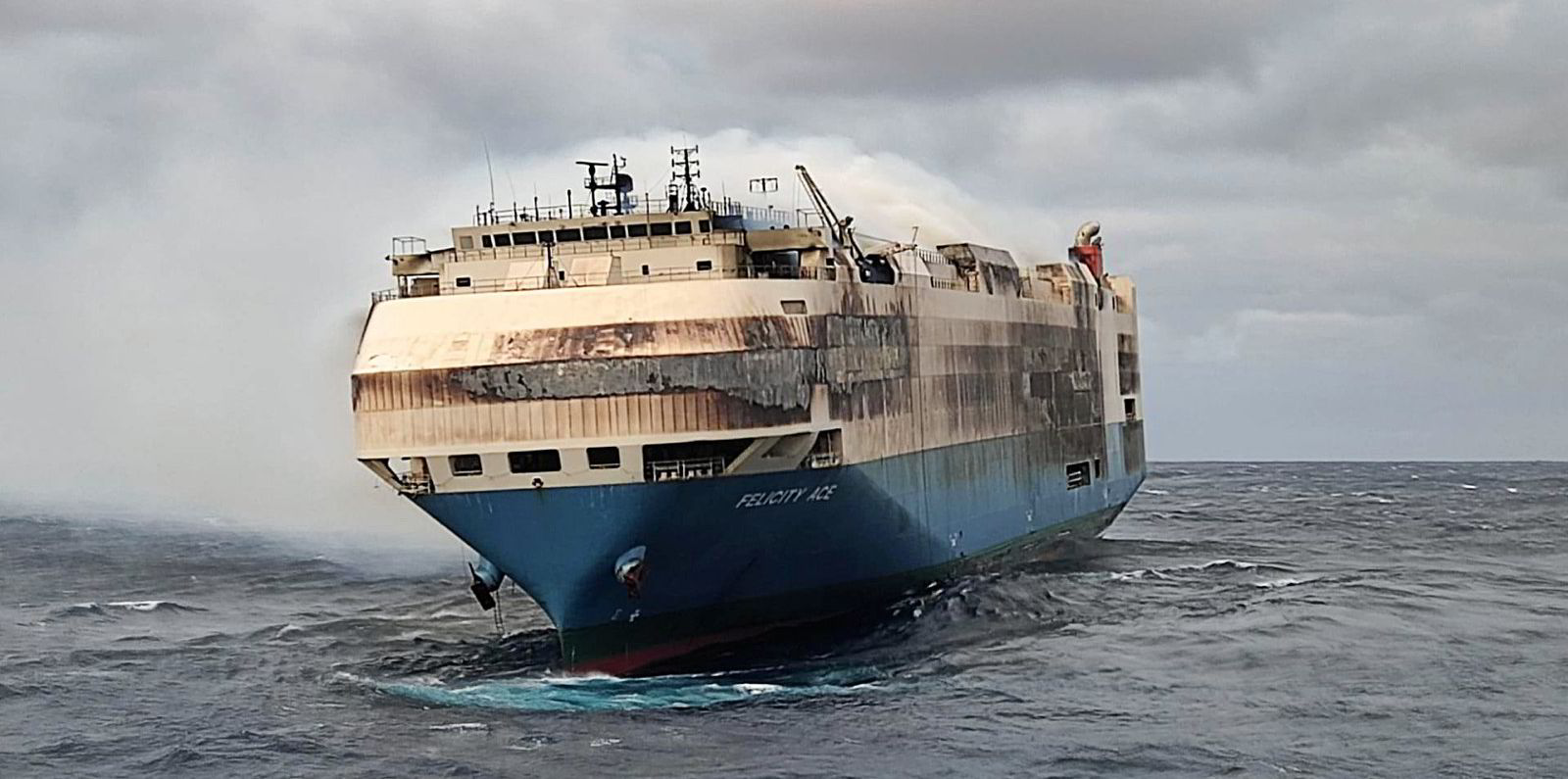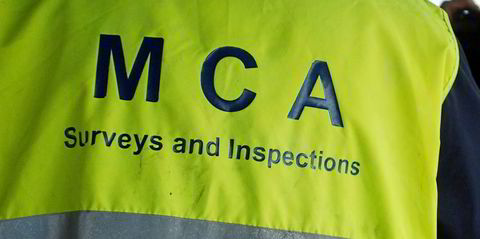Wartsila Marine president Roger Holm is seeing a huge uptick in activity around decarbonisation, and his technology group is right at the centre.
Last year, the Finnish company launched shipping’s first four-stroke ammonia engine, which Holm said has created a lot of interest among owners.
He told TradeWinds: “With the new European Union regulations coming into force as from the beginning of 2024 and all that means, you see a lot of activity in the market around how to optimise your emissions.
“Because now money talks. If you operate in EU waters and continue as today, you will double your fuel cost by 2030.”
Holm said there is now “massive movement” concerning the next few years as shipowners look at their financial structures.
“This is what we already see in the market. It’s something that is creating a lot of interest both for short-term optimisation but also then for the long term,” he added.
He reiterated the “chicken and egg” challenge faced by shipping in terms of which comes first, green technology or green fuel?
“We want to really show technology is here,” he said.
“We can use the engine technology for the green transition. Now we need to make sure that in the ecosystem we ramp up the availability of the green fuels, both methanol and ammonia.”
Asked if clients are worried about green fuel supply, he replied: “I think on the ammonia side the customers we are talking about are such that really want to be among the first ones, and then they will make sure they arrange the fuel availability for themselves.”
Quicker than expected
And he pointed out that methanol power uptake has been much faster than he expected a year or two ago.
“I think every owner understands that you need to be up-front in investing in new technology because otherwise you risk being too late on the green transformation and that will also cost you money,” he said.
Wartsila said this week it will have hydrogen propulsion technology ready in 2025.
But Holm believes this will have much more use in power plants than on vessels, due to the complexity of hydrogen as a fuel in maritime and the room it takes on board — “by far too much space”, he explained.
“You could see hydrogen potentially on shorter routes, so I would not exclude it, but I think for us the hydrogen engine will be more a volume product for our energy business than marine.”







